
Monrovia: A Coastal Gem with Historical Riches
Monrovia, the vibrant capital city of Liberia, is a fascinating blend of history, culture, and natural beauty. Nestled along the Atlantic Ocean, Monrovia offers stunning coastal views and beaches that beckon travelers to relax and unwind. With its rich history and heritage, the city is a treasure trove of stories waiting to be discovered. History buffs will find Monrovia intriguing, with landmarks like the National Museum of Liberia, which showcases the country's journey from colonization to independence. The Providence Island, where freed American slaves first settled, is another must-visit historical site. Walking through the streets of Monrovia, you will see a mix of colonial architecture and modern buildings, reflecting the city's dynamic evolution. Monrovia is also a cultural hotspot, with bustling markets like Waterside Market offering a sensory overload of sights, sounds, and smells. Here, you can find everything from colorful fabrics to handcrafted souvenirs. The local cuisine is a treat for the taste buds, with dishes like jollof rice and palm butter providing a true taste of Liberia. The city's nightlife is equally vibrant, with lively bars and clubs offering a glimpse into the local way of life.
Local tips in Monrovia
- Visit the National Museum of Liberia to understand the country's rich history.
- Explore Providence Island to see where freed American slaves first settled.
- Spend a day at the beach; CeCe Beach is a local favorite.
- Shop for souvenirs and local crafts at Waterside Market.
- Try local dishes like jollof rice and palm butter at a traditional restaurant.
- Use local taxis with caution and agree on a fare before starting your journey.
- Visit during the dry season (November to April) for the best weather.
Monrovia: A Coastal Gem with Historical Riches
Monrovia, the vibrant capital city of Liberia, is a fascinating blend of history, culture, and natural beauty. Nestled along the Atlantic Ocean, Monrovia offers stunning coastal views and beaches that beckon travelers to relax and unwind. With its rich history and heritage, the city is a treasure trove of stories waiting to be discovered. History buffs will find Monrovia intriguing, with landmarks like the National Museum of Liberia, which showcases the country's journey from colonization to independence. The Providence Island, where freed American slaves first settled, is another must-visit historical site. Walking through the streets of Monrovia, you will see a mix of colonial architecture and modern buildings, reflecting the city's dynamic evolution. Monrovia is also a cultural hotspot, with bustling markets like Waterside Market offering a sensory overload of sights, sounds, and smells. Here, you can find everything from colorful fabrics to handcrafted souvenirs. The local cuisine is a treat for the taste buds, with dishes like jollof rice and palm butter providing a true taste of Liberia. The city's nightlife is equally vibrant, with lively bars and clubs offering a glimpse into the local way of life.
When is the best time to go to Monrovia?
Iconic landmarks you can’t miss
Mamba Point Hotel
Experience the luxury and comfort of Mamba Point Hotel in Monrovia, Liberia, where stunning ocean views meet exceptional hospitality.

National Museum of Liberia
Explore Liberia's heritage at the National Museum, where history comes alive through captivating exhibits and cultural insights.
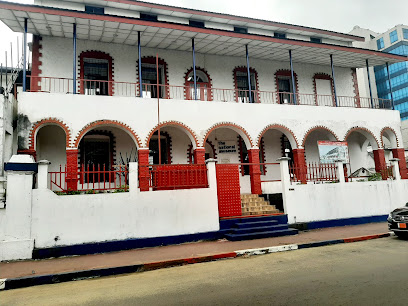
Ministry of Information, Culture & Tourism
Explore Liberia's vibrant culture and history at the Ministry of Information, Culture & Tourism, your essential guide to local attractions and experiences.
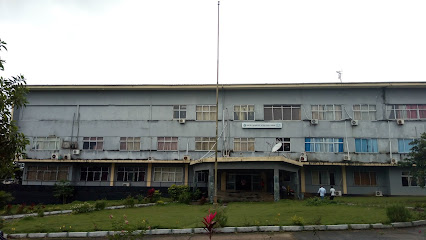
Waterside Market
Discover the vibrant culture and local flavors at Waterside Market, Monrovia's bustling hub for authentic Liberian experiences.
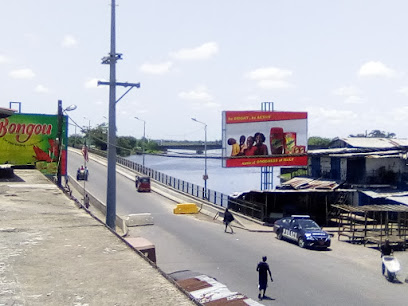
Grand Masonic Temple, West Benson Street, Monrovia, Liberia
Discover the Grand Masonic Temple in Monrovia, an architectural marvel and a key symbol of Liberia's rich cultural heritage.
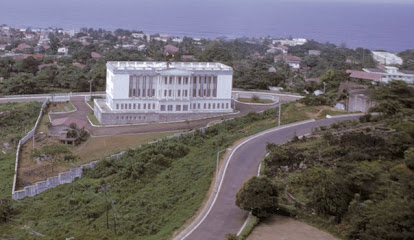
Joseph J. Roberts Monument
Discover the rich history of Liberia at the Joseph J. Roberts Monument, a tribute to the nation's first president and a symbol of resilience.
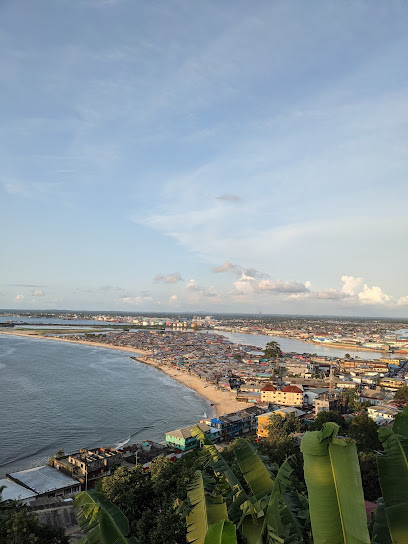
World Bank Liberia
Discover the impact of international aid and development at the World Bank Liberia, a vital institution in Monrovia's transformation and growth.
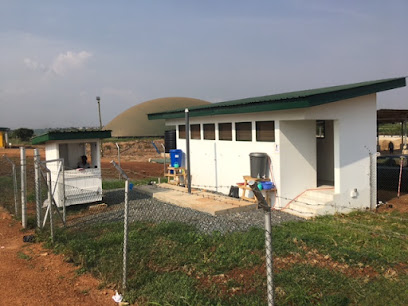
Crown Hill Broad Street Monrovia Liberia
Experience the magic of cinema at Crown Hill Broad Street, Monrovia's premier movie theater showcasing local and international films in a vibrant atmosphere.
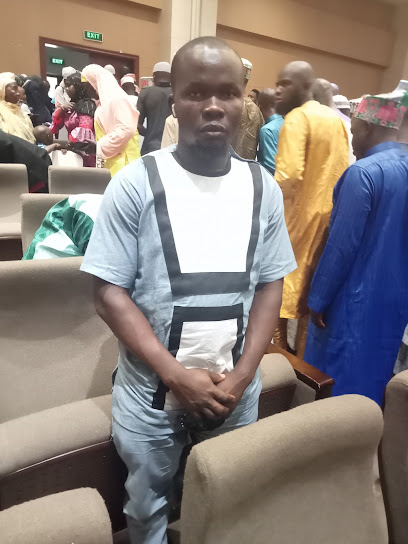
Red Hill Field.
Explore the vibrant culture of Monrovia at Red Hill Field, a charming pharmacy offering local crafts and health essentials in a welcoming atmosphere.

Matadi Central Mosque
Explore the serene Matadi Central Mosque in Monrovia, a peaceful haven showcasing Islamic architecture and cultural heritage.
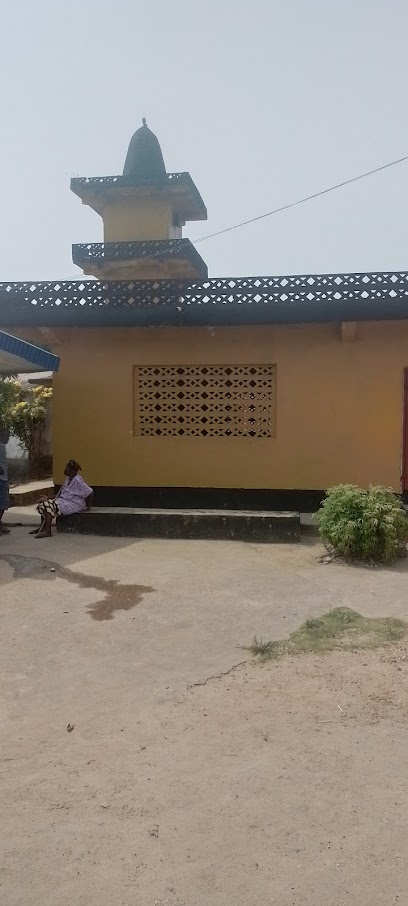
Monrovia Liberia
Discover the spiritual essence of Monrovia, Liberia through its welcoming places of worship that reflect the community's vibrant culture and traditions.
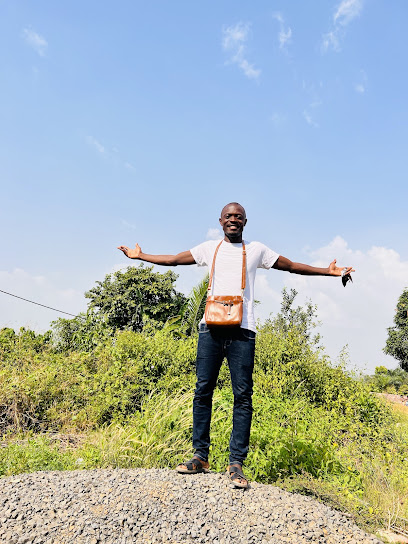
Tour Liberia
Explore the heart of Liberia with Tour Liberia, your go-to tourist information center in Monrovia for an enriching travel experience.
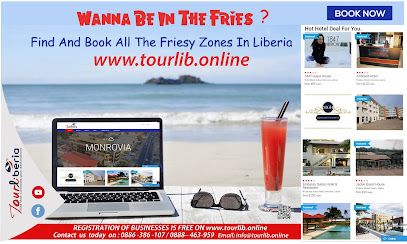
Visit Liberia Travel & Tours
Uncover the rich culture and stunning landscapes of Liberia with expert guidance from Visit Liberia Travel & Tours in Monrovia.
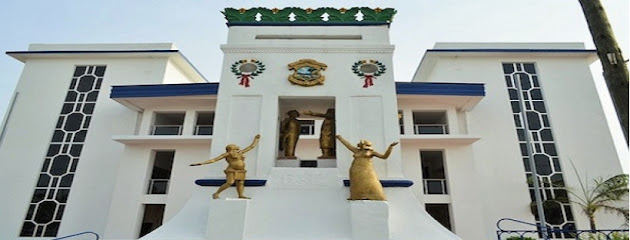
Old U.S. Embassy Building
Explore the Old U.S. Embassy Building in Monrovia, a historic landmark showcasing Liberia's architectural beauty and rich diplomatic history.

Executive Pavilion
Explore the Executive Pavilion in Monrovia, a historical gem showcasing Liberia's rich heritage and architectural splendor in the heart of the city.
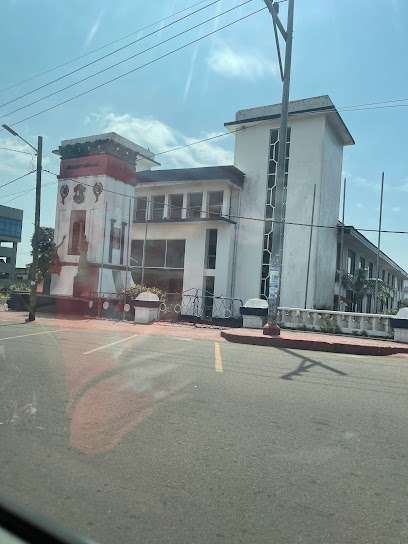
Unmissable attractions to see
Invincible Sports Park
Discover Invincible Sports Park in Monrovia: A vibrant hub for sports, recreation, and community events in a lush green setting.
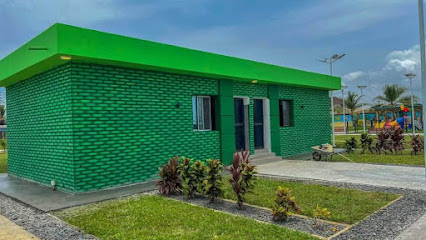
PHP Community Park
Discover Monrovia's PHP Community Park: a place for recreation, remembrance, and unity in the heart of the city.
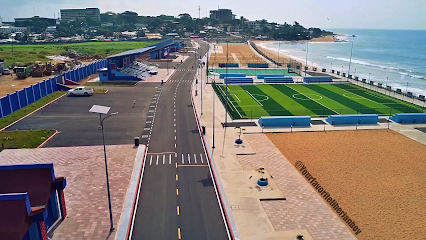
Monrovia Central Mosque
Discover the Monrovia Central Mosque: a cultural landmark blending Islamic architecture with Liberian heritage in the heart of Monrovia.
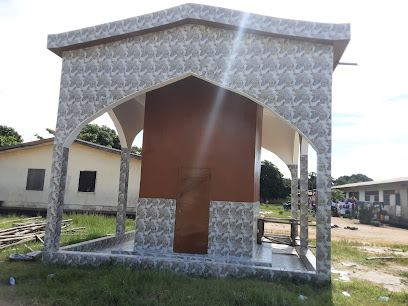
The Flat @ Premier Estate
Discover tranquility and local culture at The Flat @ Premier Estate in Wamba Town, Liberia. An unforgettable escape awaits!
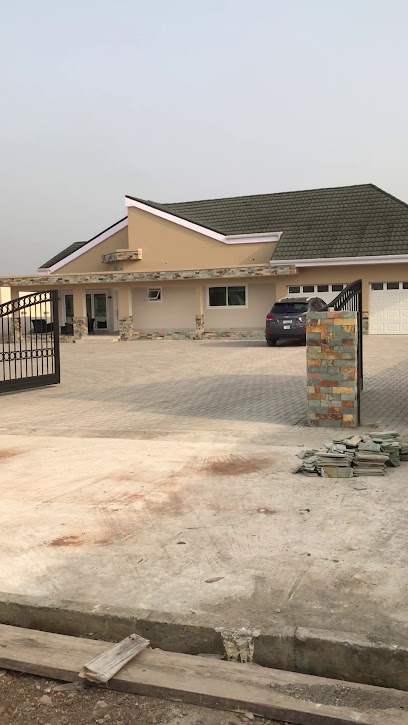
Flower farm Molton corner Junction
Discover a blooming paradise at Flower Farm Molton Corner Junction in Jahtono, Liberia. A feast for the senses and a tranquil escape into nature.

National show Scott
Discover the breathtaking beauty of National Show Scott, a national park in Liberia filled with diverse wildlife, lush landscapes, and serene natural surroundings.
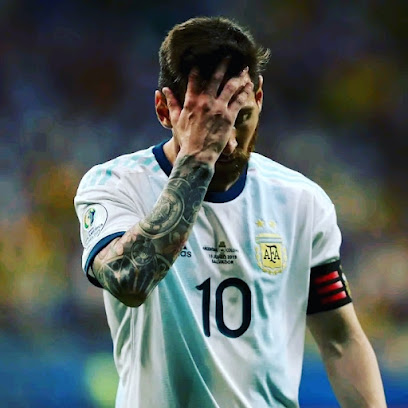
Weke Lodge
Discover the tranquility of Weke Lodge in Paynesville, Liberia - a peaceful park ideal for relaxation and reconnecting with nature.

Patrick S. Nyanforh Sr
Explore the cultural heart of Dandawailo at Patrick S. Nyanforh Sr, an attraction rich in history and local heritage.

Duport Road Waterside
Escape to the tranquility of Duport Road Waterside in Mills Center, Liberia, where serene waters and lush greenery create unforgettable moments.

Courtyard @ Cachelle
Escape to a serene oasis in Monrovia. Discover vibrant flora and tranquil landscapes at Courtyard @ Cachelle in the heart of Sinkor.
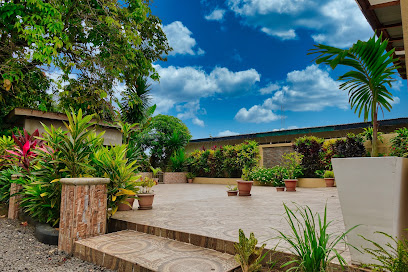
Kpatawee Waterfall
Discover the natural beauty of Liberia at Kpatawee Waterfall: cascading waters, lush rainforest, and a tranquil escape await in Bong County.

Essential places to dine
FuZion D'Afrique Restaurant
Discover authentic African cuisine blended with international flair at FuZion D'Afrique Restaurant in Monrovia.
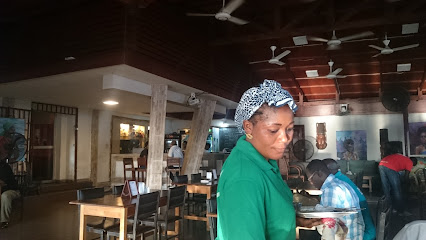
Sajj House
Discover delicious local cuisine at Sajj House in Monrovia - a must-visit restaurant blending tradition with modern dining.
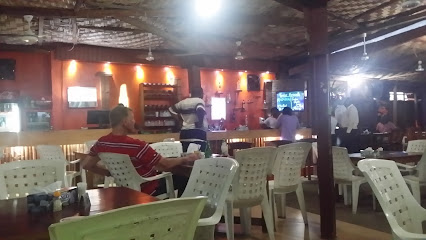
Diana Restaurant
Discover the rich culinary traditions of Liberia at Diana Restaurant in Monrovia—where every meal is a celebration of flavor.
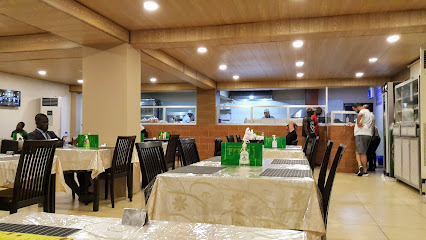
Monroe Chicken and Monroe Bar & Grill
Discover the rich flavors of Mediterranean cuisine at Monroe Chicken and Monroe Bar & Grill in Monrovia - a culinary gem that delights every palate.
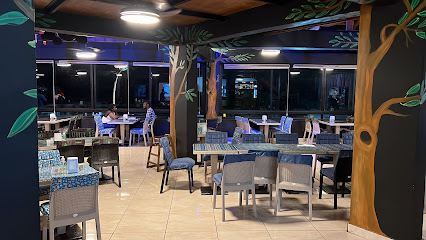
Oporto Grill
Discover Oporto Grill in Monrovia: A vibrant restaurant offering an eclectic menu blending local Liberian flavors with international cuisine.
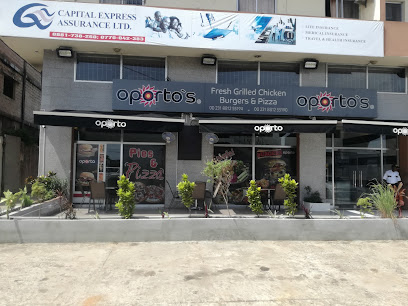
Evelyn's Cuisine
Discover authentic Liberian flavors at Evelyn's Cuisine in Monrovia - where every meal tells a story.
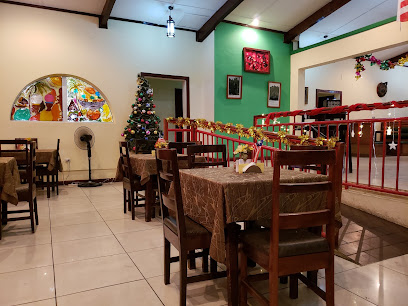
Lila Brown
Discover authentic Liberian cuisine at Lila Brown in Monrovia – where local flavors meet warm hospitality.
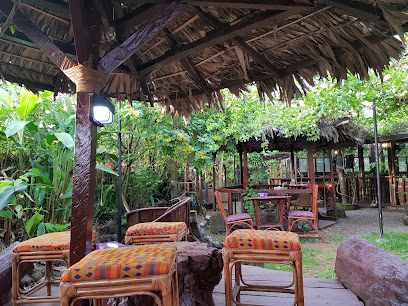
The Hub Diner
Discover Monrovia's vibrant flavors at The Hub Diner - where local meets international cuisine in a cozy atmosphere.
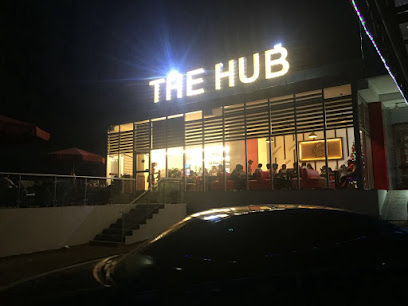
Mashariki Restaurant
Experience the flavors of Liberia at Mashariki Restaurant - where local ingredients meet international culinary excellence.
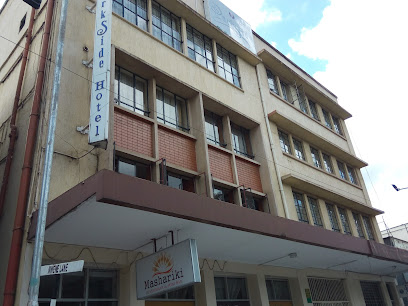
Rangoli Restaurant
Experience exquisite dining at Rangoli Restaurant in Monrovia, where local flavors meet international cuisine in an inviting atmosphere.
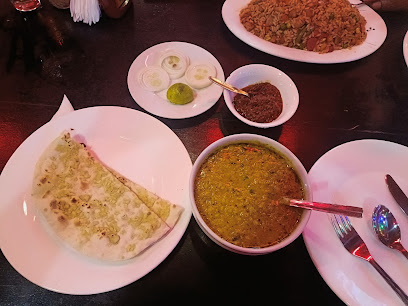
The Eatery
Experience authentic Asian cuisine at The Eatery in Monrovia – where every dish tells a story and every meal is an adventure.
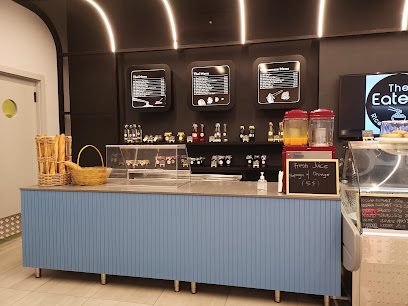
Sam's Barbeque
Experience authentic Liberian barbeque at Sam's Barbeque in Monrovia – where every meal tells a story.
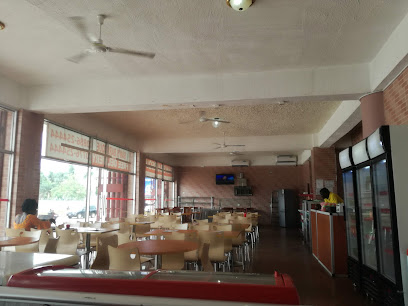
Terracotta
Discover Terracotta in Monrovia - where local flavors meet global cuisine in a vibrant setting.
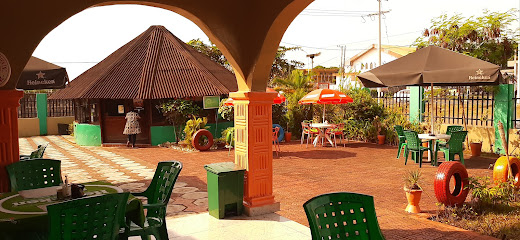
The Living Room Thai and Sushi
Experience authentic Thai cuisine and fresh sushi at The Living Room in Monrovia - where flavor meets culture.
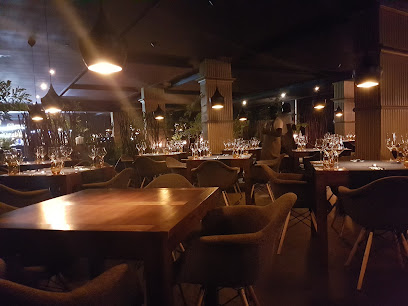
Mama Susu's Restaurant
Discover authentic Liberian flavors at Mama Susu's Restaurant in Monrovia - a vibrant culinary experience awaits you.
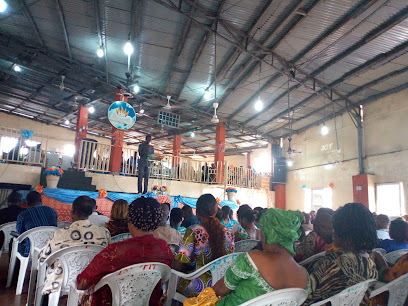
Markets, malls and hidden boutiques
ORCADECO LIBERIA
Explore the unique beauty of Liberia at Orcadeco, your destination for authentic home goods and local crafts in Monrovia.
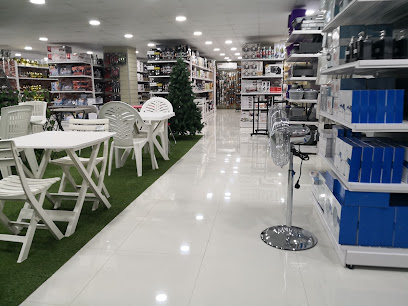
Noah Saleh’s Liberian banana shop
Discover the authentic taste of Liberia at Noah Saleh's banana shop, a treasure trove of fresh local produce in Monrovia's West Point.

Sangam Store
Explore Sangam Store in Monrovia for a unique shopping experience filled with local goods, cosmetics, and frozen foods.
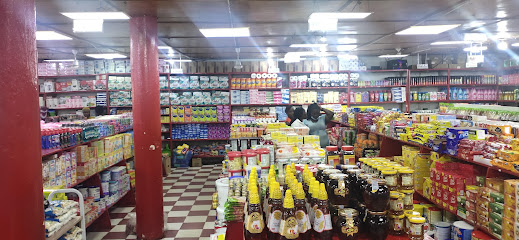
Clara Town, Monrovia, Liberia
Discover the vibrant culture and unique home goods of Clara Town, a lively neighborhood in Monrovia, Liberia, rich in local craftsmanship and community spirit.
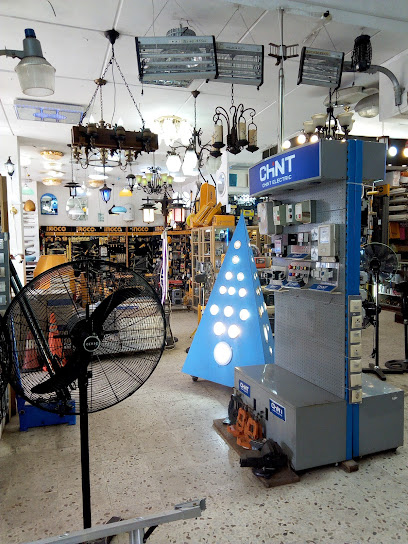
A Plus ( A+ ) Boutique & Home Appliances .
Discover fashionable clothing and essential home goods at A Plus Boutique in Monrovia, Liberia, a must-visit for stylish travelers.
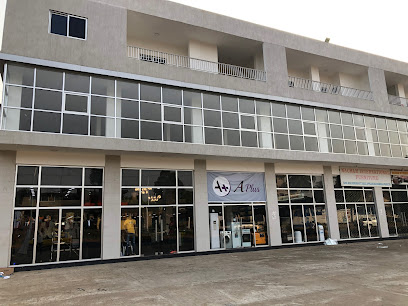
M2 Stores
Experience the bustling charm of M2 Stores in Monrovia, where local culture meets everyday shopping needs in a vibrant atmosphere.
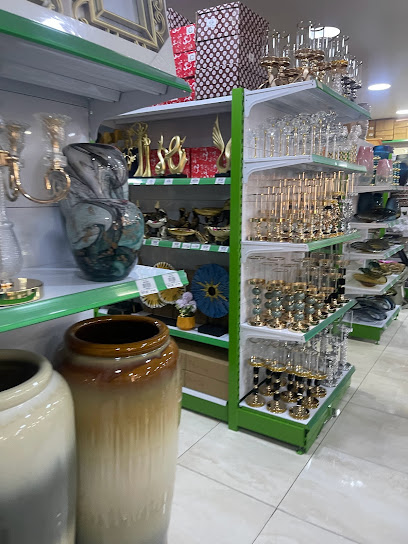
H&H FASHION
Experience the vibrant fashion scene at H&H Fashion in Monrovia, Liberia, where style meets local craftsmanship in a unique shopping experience.
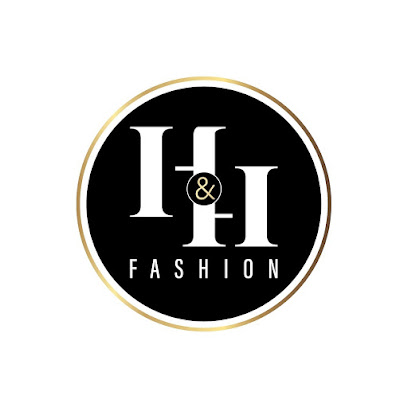
Authentic Corner
Explore the enchanting world of fragrances at Authentic Corner, Monrovia's premier perfume destination, offering a diverse selection to suit every taste.
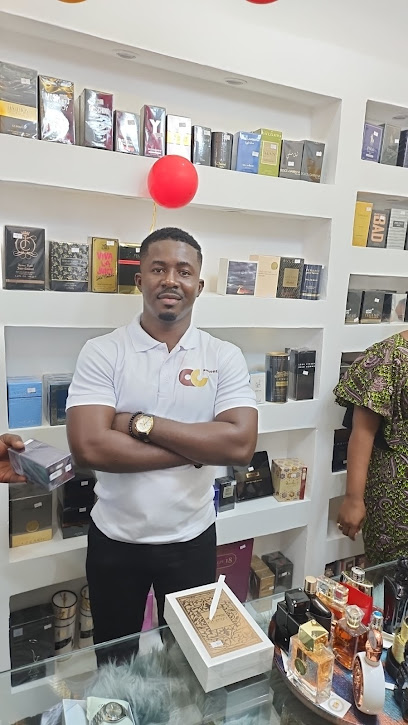
Elwa
Explore Elwa in Monrovia for a unique shopping experience featuring local and international fashion that reflects Liberia's vibrant culture.

Mango Rags
Explore unique Liberian fashion at Mango Rags, a vibrant clothing store in the heart of Monrovia, perfect for every fashion enthusiast.
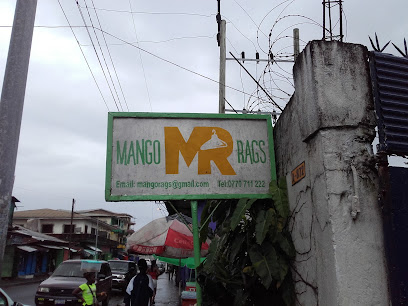
Blessing Jewelry shop
Explore the heart of Monrovia at Blessing Jewelry Shop, where exquisite craftsmanship meets vibrant local culture in stunning jewelry pieces.
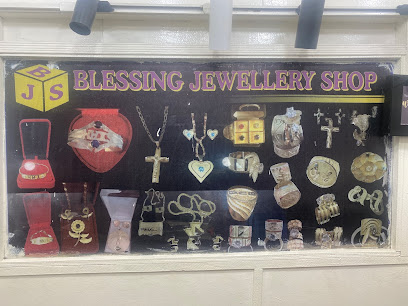
22nd Inc.
Explore 22nd Inc. in Monrovia for unique gifts that embody the spirit of Liberia, from handcrafted treasures to unforgettable souvenirs.

Nour Store
Discover the essence of Monrovia at Nour Store, a boutique offering unique local crafts and fashion, perfect for memorable souvenirs.

Zara Mall Liberia
Discover the vibrant shopping experience at Zara Mall Liberia, where contemporary fashion meets local flair in the heart of Monrovia.

Serica Unisex Boutique
Explore unique fashion at Serica Unisex Boutique in Monrovia, where style meets local culture in a vibrant shopping experience.

Essential bars & hidden hideouts
FuZion D'Afrique Restaurant
Delight in the vibrant tastes of Africa at FuZion D'Afrique Restaurant, a culinary gem in the heart of Monrovia, Liberia.
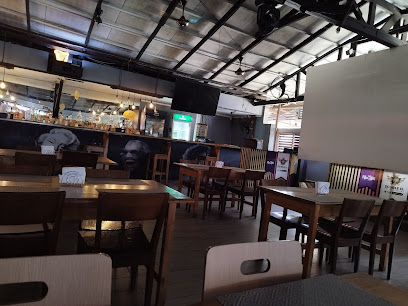
Shooters Sports Bar & Lounge
Experience the vibrant nightlife of Monrovia at Shooters Sports Bar & Lounge, where relaxation meets entertainment in a welcoming atmosphere.
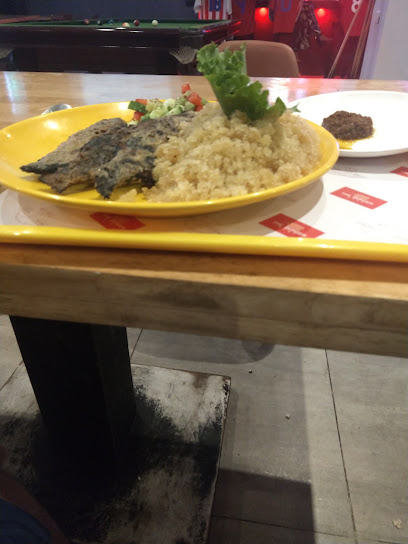
Vibes Lounge &Grill
Experience the lively atmosphere and delectable cuisine at Vibes Lounge & Grill, the perfect spot for tourists in Monrovia, Liberia.
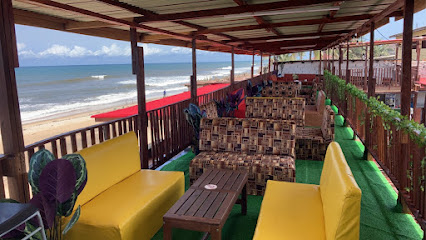
Exodus
Experience the vibrant nightlife of Monrovia at Exodus, a lively bar serving local drinks and cultural vibes in the heart of Liberia.

The Red Lion
Experience the charm of Central Monrovia at The Red Lion, where local culture meets a relaxing bar atmosphere.
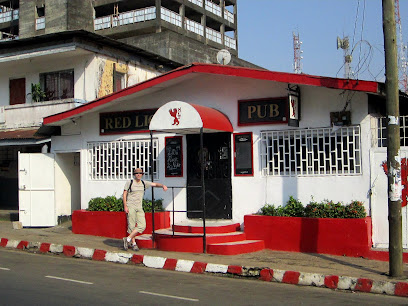
Blue Martini
Discover the vibrant nightlife at Blue Martini in Monrovia, where exceptional drinks and a lively atmosphere combine for an unforgettable experience.
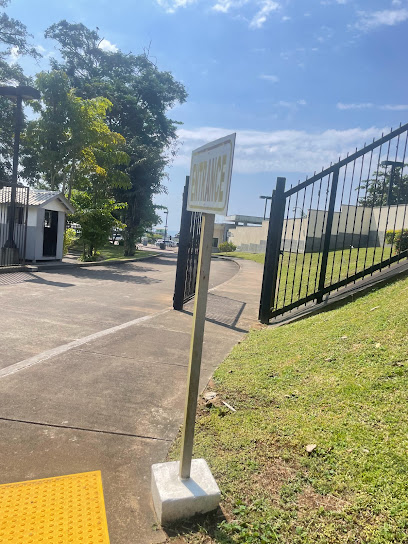
European Bar & Restaurant
Experience local charm and European flair at the vibrant European Bar & Restaurant in Monrovia, a must-visit for tourists seeking great food and drinks.
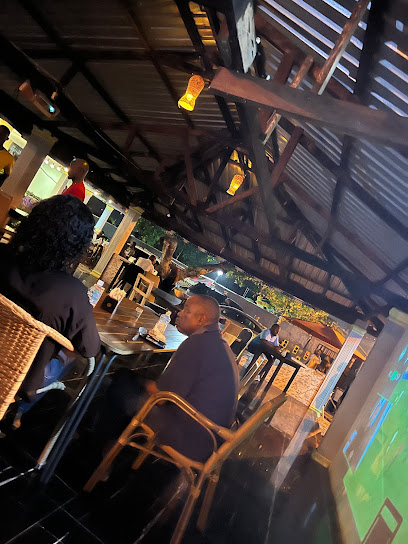
The Boss Bar
Experience the vibrant nightlife at The Boss Bar in Monrovia, where local flavors meet a lively atmosphere for an unforgettable evening.
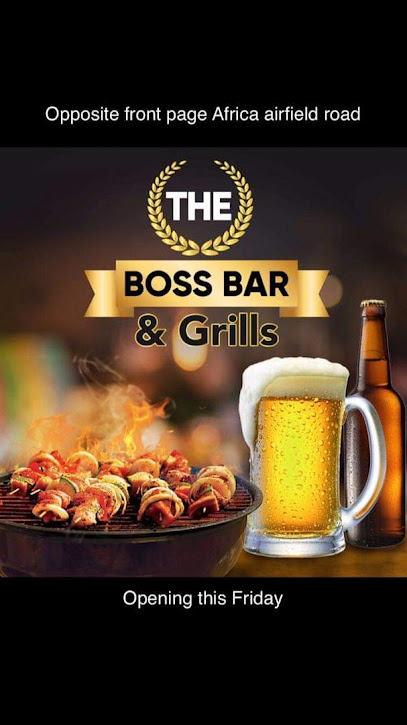
Vibes Bar, Grill & Boutique
Savor the vibrant atmosphere and delicious grill offerings at Vibes Bar, Grill & Boutique in Monrovia, Liberia, perfect for every occasion.

Suave Rooftop Lounge
Discover the vibrant atmosphere and stunning views at Suave Rooftop Lounge, the ultimate spot for relaxation and socializing in Monrovia.
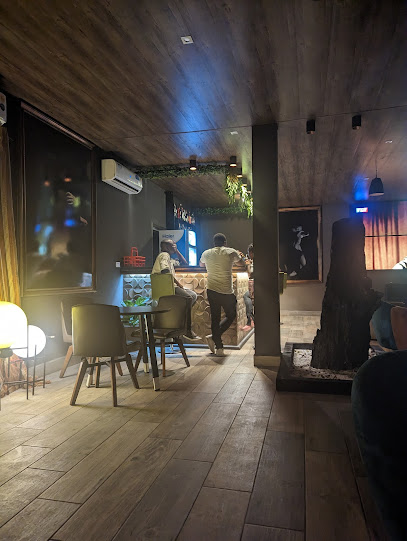
LIT CIGAR LOUNGE
Discover the perfect blend of relaxation and sophistication at LIT Cigar Lounge in Monrovia, Liberia, where cigar lovers unite.
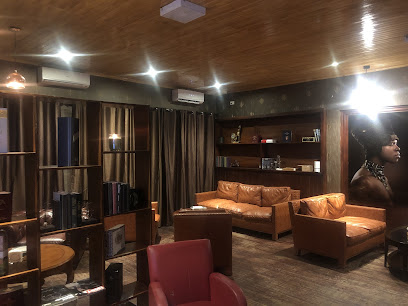
Angel's lounge bar and grill
Discover the lively nightlife and delicious flavors at Angel's Lounge Bar and Grill in Monrovia, Liberia.
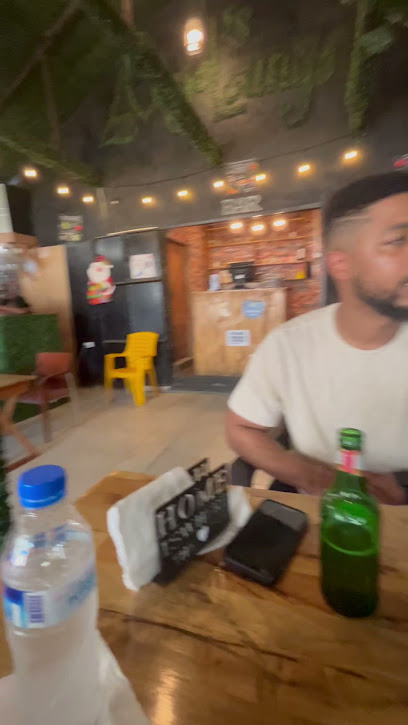
Elite bar and restaurant
Experience the vibrant nightlife of Monrovia at the Elite Bar and Restaurant, where local flavors meet a lively atmosphere.

Things bar and restaurant
Explore the rich flavors of Liberia at Things Bar and Restaurant, where delicious grilled dishes meet a lively atmosphere in the heart of Monrovia.

Local Phrases
-
- HelloHow na
[hau na] - GoodbyeGoodbay
[ɡʊd beɪ] - YesYes
[jes] - NoNo
[noʊ] - Please/You're welcomePilii/Tank yu
[pliː/tæŋk juː] - Thank youTenki yu
[ˈtɛŋki juː] - Excuse me/SorrySori
[ˈsɔri] - How are you?How yu day?
[hau juː deɪ] - Fine. And you?Ai de, yu?
[faɪn. ænd juː] - Do you speak English?Yu sabi tok Englis?
[juː ˈseɪbi toʊk ˈɪŋɡlɪʃ] - I don't understandAi no sabi
[aɪ noʊ ˈseɪbi]
- HelloHow na
-
- I'd like to see the menu, pleaseAi like see menu, pilii
[aɪ laɪk tuː siː ˈmɛnjuː pliːz] - I don't eat meatAi no eat meet
[aɪ noʊ iːt mit] - Cheers!Chias!
[ʧɪəs] - I would like to pay, pleaseAi like pay, pilii
[aɪ wʊd laɪk tuː peɪ pliːz]
- I'd like to see the menu, pleaseAi like see menu, pilii
-
- Help!Elp!
[hɛlp] - Go away!Goo wey!
[ɡoʊ weɪ] - Call the Police!Kal di Palis!
[kɔl ði pəˈlis] - Call a doctor!Kal docta!
[kɔl ə ˈdɑktər] - I'm lostAi lef
[aɪ lɒst] - I'm illAi sik
[aɪ ɪl]
- Help!Elp!
-
- I'd like to buy...Ai like buy...
[aɪ laɪk baɪ] - I'm just lookingAi jus de luk
[aɪ dʒʌst lʊkɪŋ] - How much is it?How muc e?
[haʊ mʌt ɪz ɪt] - That's too expensiveDa tu xpensive
[ðæt tuː ɪkˈspɛnsɪv] - Can you lower the price?Yu fit lowa da prais?
[juː fɪt ˈloʊɜr ðæ praɪs]
- I'd like to buy...Ai like buy...
-
- What time is it?Wetin taim e?
[wɒt taɪm ɪz ɪt] - It's one o'clockNa wan o'clock
[ɪts wʌn əˈklɒk] - Half past (10)Aaf pas (10)
[hɑf pæst (10)] - MorningMaahnin
[ˈmɔːnɪŋ] - AfternoonAftanun
[ˌæftərˈnuːn] - EveningIvinin
[ˈivnɪŋ] - YesterdayYistidi
[ˈjɪstədɪ] - TodayTide
[təˈdeɪ] - TomorrowTumorow
[təˈmɒroʊ] - 1Wan
[wɒn] - 2Tu
[tuː] - 3Tri
[triː] - 4Fo
[fɔː] - 5Faiv
[faɪv] - 6Siks
[sɪks] - 7Sebn
[sɛvən] - 8Eit
[eɪt] - 9Naen
[naɪn] - 10Ten
[tɛn]
- What time is it?Wetin taim e?
-
- Where's a/the...?Weh di...?
[wɛr ði] - What's the address?Wetin di adris?
[wɒt ðə ˈædrəs] - Can you show me (on the map)?Yu fit sho mi (pan di map)?
[juː fɪt ʃoʊ miː (ɒn ðə mæp)] - When's the next (bus)?Wen di neks (bas)?
[wɛn ði nɛkst (bʌs)] - A ticket (to ....)Wan tiket (go ...)
[wʌn ˈtɪkɪt (tuː)]
- Where's a/the...?Weh di...?
History of Monrovia
-
Monrovia, the capital city of Liberia, was founded on April 25, 1822, by the American Colonization Society (ACS). Named after U.S. President James Monroe, the city was established as a settlement for freed African American slaves returning to Africa. The early settlers faced numerous challenges, including resistance from indigenous tribes and diseases, but they persevered and laid the foundations for the modern city.
-
On July 26, 1847, Liberia declared its independence from the American Colonization Society, becoming Africa's first independent republic. Monrovia, as the capital, played a central role in this historic event. The declaration was a significant milestone in African history, symbolizing the aspirations for self-governance and freedom from colonial rule.
-
Monrovia was significantly impacted by the two Liberian Civil Wars, which occurred from 1989 to 1996 and then from 1999 to 2003. The city witnessed intense fighting, resulting in widespread destruction and loss of life. During these periods, Monrovia became a focal point for international humanitarian efforts and peacekeeping missions, ultimately leading to the end of the conflicts and the start of rebuilding efforts.
-
Over the years, Monrovia has evolved into an economic and cultural hub in Liberia. The city is home to the country's major governmental institutions, businesses, and cultural landmarks. Key attractions include the Liberian National Museum, which showcases the rich history and cultural heritage of Liberia, and the Centennial Pavilion, where important national events are held.
-
The Americo-Liberians, descendants of the freed African American settlers, have had a profound influence on Monrovia's culture and politics. Their legacy is visible in the city's architecture, educational institutions, and political structures. Monrovia's social fabric is a blend of indigenous African traditions and Western influences, creating a unique cultural landscape.
-
In recent years, Monrovia has seen significant modernization efforts. Infrastructure development, including road improvements, new buildings, and enhanced public services, has transformed the city's landscape. Despite ongoing challenges, Monrovia continues to grow and develop, reflecting the resilience and determination of its people.
Monrovia Essentials
-
Monrovia, the capital of Liberia, is primarily accessible by air. The main entry point is Roberts International Airport (ROB), located approximately 56 kilometers from the city center. Several international airlines operate flights to Monrovia from major cities in Africa, Europe, and the Middle East. From the airport, you can take a taxi or arrange for a hotel shuttle to reach your accommodation in the city.
-
Transportation options in Monrovia include taxis, shared taxis, and local minibuses known as 'kekes'. Taxis are the most convenient mode of transport, but it's advisable to negotiate the fare beforehand. Shared taxis and kekes are more economical options but can be crowded. Car rentals are available for those who prefer to drive themselves, although road conditions can be challenging in some areas. There is no formal public bus system in Monrovia.
-
The official currency in Liberia is the Liberian Dollar (LRD), though US Dollars are widely accepted. Credit cards are not commonly used, and ATMs are limited, so it's advisable to carry sufficient cash. For larger transactions, such as hotel bills, US Dollars are preferable. Currency exchange services are available in banks and at major hotels.
-
While Monrovia is generally safe for tourists, certain areas have higher crime rates, especially for crimes targeting tourists. Avoid the West Point neighborhood and be cautious around the Red Light district. It's advisable to avoid walking alone at night and to keep valuables secure. Always use reputable taxi services and avoid displaying expensive items in public.
-
In case of emergency, dial 911 for immediate assistance. Monrovia has several hospitals and clinics, but medical facilities may not meet Western standards. It is highly recommended to have travel insurance that covers medical emergencies and evacuation. For minor health issues, pharmacies are available throughout the city. Always carry a basic first aid kit.
-
Fashion: Do dress conservatively. Avoid wearing revealing clothing, especially in rural areas. Religion: Do respect local customs and religious practices. Avoid making negative remarks about religion. Public Transport: Do be patient and respectful when using shared taxis and kekes. Don't argue over fares in public. Greetings: Do greet people with a handshake and a smile. Using titles and formal addresses is appreciated. Eating & Drinking: Do try local dishes and be polite when offered food. Don't refuse hospitality, as it can be considered rude.
-
To experience Monrovia like a local, visit the Waterside Market for a range of local goods and crafts. Engage with locals and try traditional Liberian dishes like 'jollof rice' and 'palm butter'. For a unique experience, take a stroll along the beaches of Mamba Point and Sinkor. Don't miss visiting the National Museum of Liberia to learn about the country's rich history and culture.
Trending Landmark in Monrovia
-
Mamba Point Hotel
-
National Museum of Liberia
-
Ministry of Information, Culture & Tourism
-
Waterside Market
-
Grand Masonic Temple, West Benson Street, Monrovia, Liberia
-
Joseph J. Roberts Monument
-
World Bank Liberia
-
Crown Hill Broad Street Monrovia Liberia
-
Red Hill Field.
-
Matadi Central Mosque
-
Monrovia Liberia
-
Tour Liberia
-
Visit Liberia Travel & Tours
-
Old U.S. Embassy Building
-
Executive Pavilion
Nearby Cities to Monrovia
-
Things To Do in Kakata
-
Things To Do in Buchanan
-
Things To Do in Pujehun
-
Things To Do in Gbarnga
-
Things To Do in Kenema
-
Things To Do in Ganta
-
Things To Do in Bonthe
-
Things To Do in Sanniquellie
-
Things To Do in Voinjama
-
Things To Do in Magburaka
-
Things To Do in Port Loko
-
Things To Do in Faranah
-
Things To Do in Conakry
-
Things To Do in Daloa
-
Things To Do in San-Pédro










